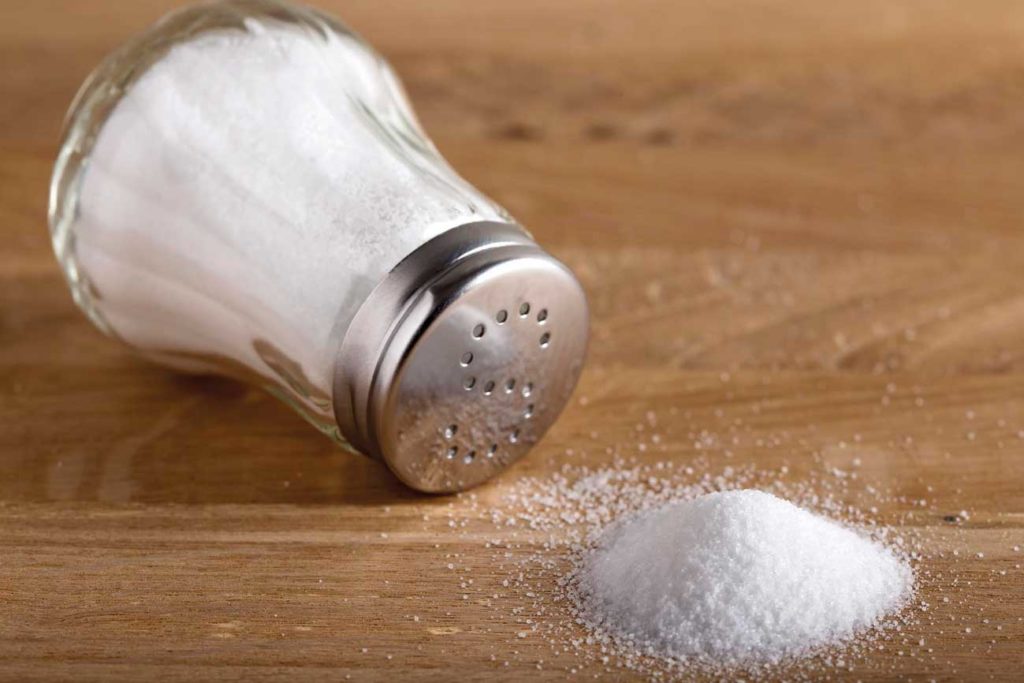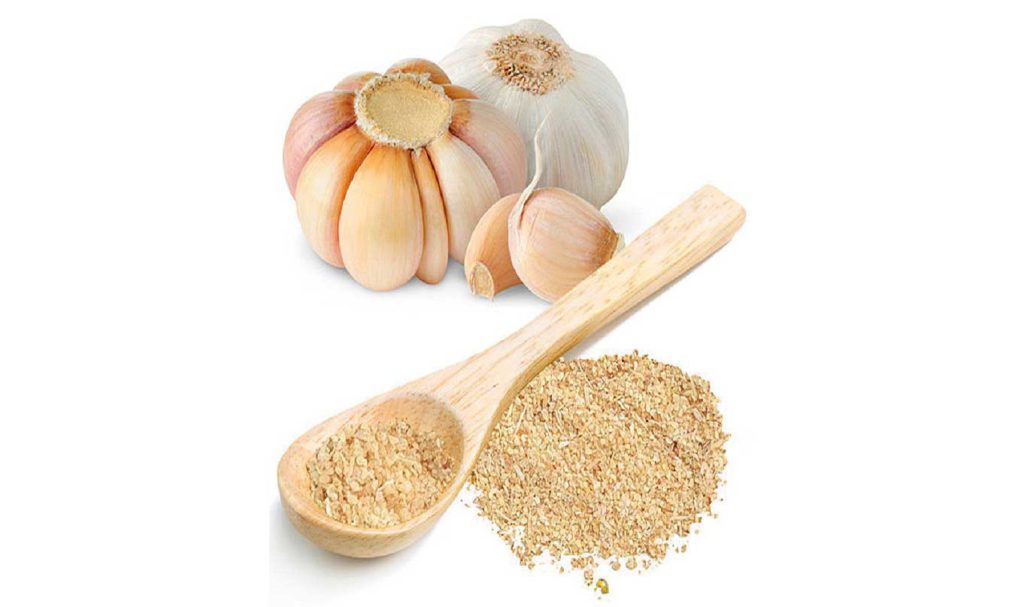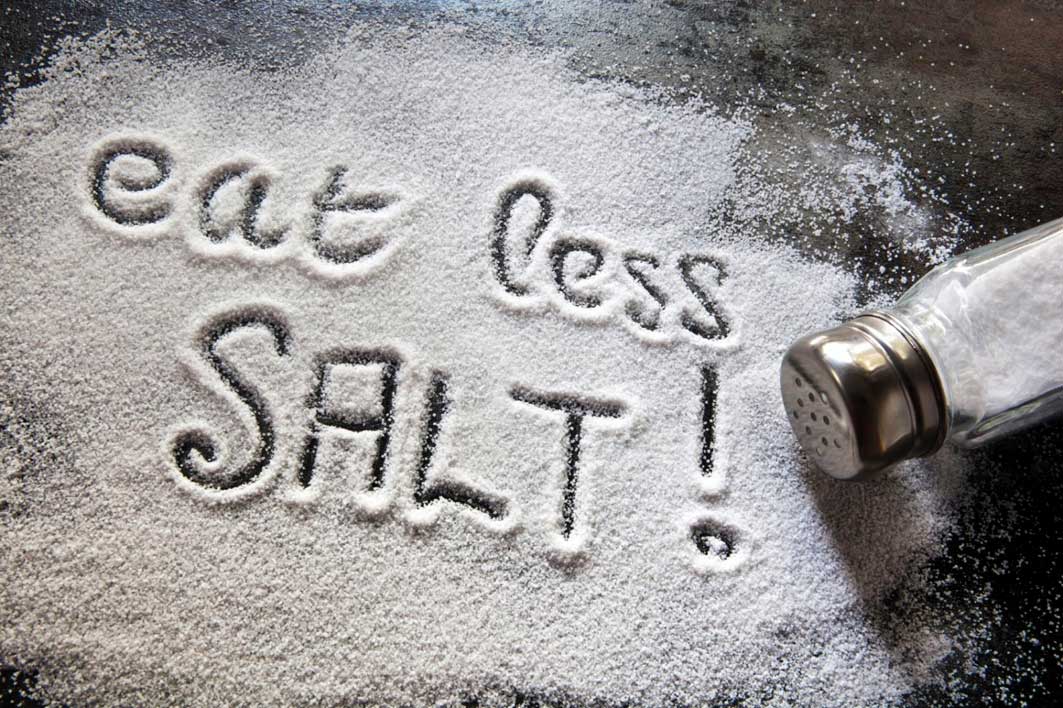A pinch of salt can make a dish delicious; double the dose and it ruins the taste. More importantly, excessive salt can lead to several health problems. Though the human body needs this mineral for proper functioning, it should be consumed in moderation.
According to a World Health Organisation report, consumption of salt between 1,500 and 2,400 milligrams per day is recommended for adults. However, if one has or is at risk for high blood pressure, only up to1,500 milligrams is advised.

The Institute of Medicine’s Food and Nutrition Board suggests that both male and female teens between 14 and 18 years old should have only about 1,500 milligrams of sodium each day. Lifestyle modification should happen from an early age as there is no particular age for non-communicable diseases (NCDs) like hypertension.
Excess usage of salt can create several health hazards, hypertension being the most prominent. Others like abnormal heart development, osteoporosis, dehydration, swelling and digestive diseases have detrimental effects on the body.
Hypertension:
High blood pressure can trigger life threatening emergencies like strokes and heart attacks. Studies indicate that reducing sodium intake can lower blood pressure by 25 per cent. According to the Harvard School of Public Health, high intake of salt can cause 23 per cent increased incidence of stroke and 14 per cent rise in the incidence of heart disease.
Abnormal heart development:
A habit of eating salty food heightens the risk of non-blood pressure related heart diseases as well. The heart has to work much harder to provide proper circulation, when consumption of salt is more. This over a period of time results in an abnormally large heart with thinner heart valves. An enlarged heart is significantly weaker and can lead to symptoms like chest pains, breathlessness and chronic fatigue.
Osteoporosis:
Sodium inhibits the body’s absorption and utilization of calcium, leading to a loss of bone mass and increased porousness of bones. Elderly people, post-menopausal women and diabetics, who are already at high risk of osteoporosis, should be particularly careful about salt intake.
Dehydration and swelling: Excessive sodium in the blood draws water out of the cells and into the tissues. Feeling thirsty is a direct response after having salty food. Dehydrated cells signal the brain for water. Having fluid filled tissue makes one look bloated and swollen. These symptoms are especially severe in the lower parts of the body. Reducing salt intake is an effective way of preventing swollen feet, ankles and calves.
Digestive diseases: Sodium regulates the acid-base balance of blood and body fluids. Too much salt can yield acid reflux, cause heart burn and long-term damage to the upper digestive tract. Studies indicate that habitual intake of salty foods is a strong risk factor for duodenal and gastric ulcers and cancers.
There are ways to cut down salt consumption. One should opt for low-salt products and check ingredient labels to avoid products containing baking soda, sodium nitrate, sodium citrate and sodium benzoate. Salt free herbs and spices are a good substitute. At times, potassium is prescribed instead of sodium by doctors. Also, several brands these days highlight the presence of less sodium in their table salt.
Frozen, processed and fast-foods that we consume daily have high salt content, due which these should be used minimally. It is beneficial to choose fresh fruits and vegetables over processed ones and is advisable to rinse canned vegetables and fruits before consumption. A high intake of fruits and vegetables are protective dietary changes for a healthy life.
One should be cautious while picking products. A bottle of jam which maybe high in sugar content, also has salt in it in the form of preservatives which often go unnoticed. Consumption of plenty of water is a solution which is beneficial for the body and a natural cure for most NCDs.
Basil, garlic powder, onion powder and curry powder form excellent alternatives for salt which enhance food flavours.
Basil: Considered an important culinary herb, it is now commonly used fresh in cooked recipes. Alternatively, it can be chopped into homemade pasta sauces or tossed in with olive oil for healthy options as it has a sharp yet slightly sweet taste.

Garlic powder:
Enhances food flavours while offering other health benefits at the same time. When a bulb of garlic is roasted with a little bit of olive oil it goes from bitter in its raw form to a delightful sweetness. Using roasted garlic makes for a natural sodium source treat.
Onion powder:
A great salt alternative, but should be used sparingly due to its pungent flavour and strong taste.
Curry powder:
A rich flavour, which when sprinkled in dishes with vegetables and meat products, enhances the taste, reducing or eliminating salt usage.
One should become more mindful of salt intake in the diet, engage in regular physical activity and have a high intake of fruits and vegetables as these are key components of a healthy lifestyle.




